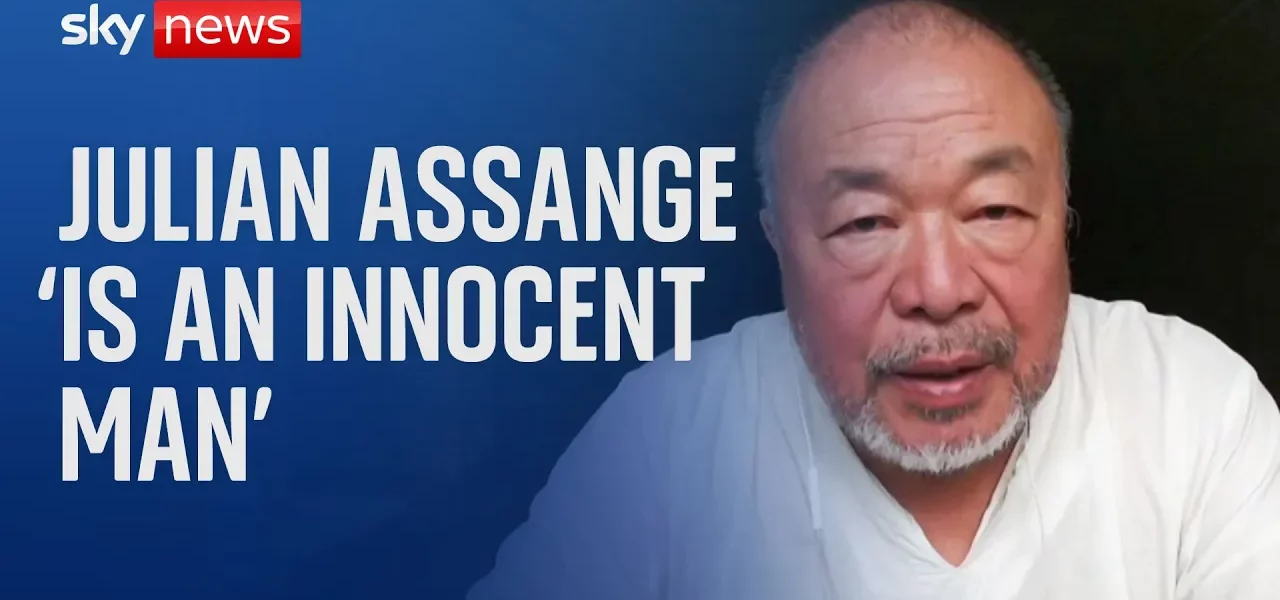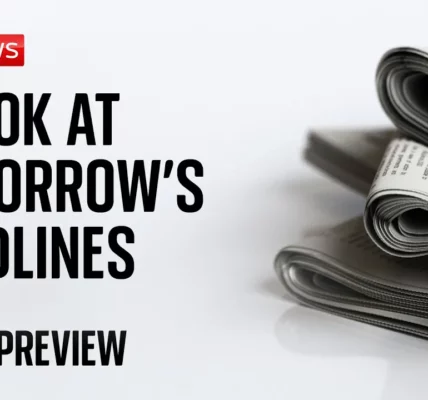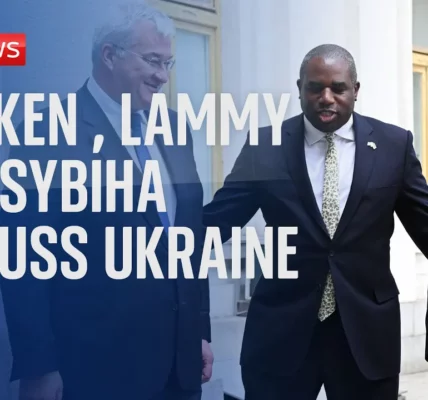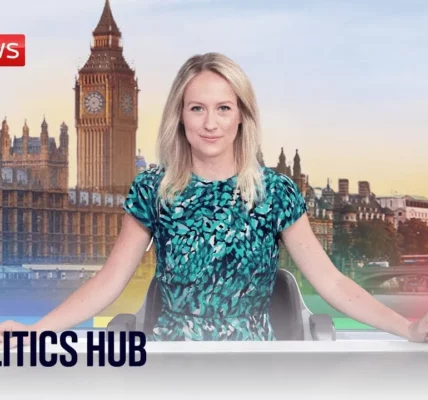Exiled Chinese Artist Iway Wayi Discusses Support for Julian Assange

In this article, we delve into the perspectives of exiled Chinese artist Iway Wayi regarding Julian Assange’s ongoing legal battles and the broader implications for journalism and free speech in democratic societies.
Introduction
The issue of freedom of information and the rights of journalists has become increasingly relevant in today’s society. As an exiled Chinese artist, Iway Wayi has taken a strong stance in support of Julian Assange, the founder of WikiLeaks, who has faced numerous challenges and accusations over the past decade. This article examines Wayi’s insights on Assange’s situation, the role of journalism, and the inherent dangers that journalists face in conflict situations.
Support for Julian Assange
Iway Wayi articulates a passionate defense of Julian Assange, emphasizing the fundamental belief that journalism is not a crime. Wayi argues that free information is essential for a democratic society, and Assange has been unjustly mistreated during his prolonged legal struggles.
The Importance of Free Information
Wayi underscores the critical role that free information plays in ensuring a well-informed public. He states:
- Assange has been subjected to a decade of legal challenges.
- The notion of justice has not been served in his case.
- Assange should not be imprisoned for revealing information crucial to public awareness.
The Dangers Faced by Journalists
In today’s world, the dangers faced by journalists have escalated significantly. Wayi highlights how journalism is not only about reporting facts but also involves risks that can lead to severe consequences.
Increased Risks in Conflict Zones
Wayi points out that journalists operating in conflict zones are at risk of being directly harmed. He mentions:
- The rising number of journalists killed in conflicts.
- The challenges of ensuring their safety while reporting from dangerous locations.
- The ethical responsibilities of media outlets to protect their journalists.
Debate Around National Security and Whistleblowing
One of the contentious points in the discussion surrounding Assange’s actions is the argument that the publication of sensitive documents can endanger lives. Wayi counters this perspective, asserting that:
Revelation of War Crimes
The documents published by Assange revealed significant issues, including:
- Incidents of civilian casualties in war zones.
- The necessity for transparency in military operations.
- The public’s right to know about government actions affecting innocent lives.
The Future of Information Regulation
Wayi raises important philosophical questions regarding who should control the flow of information. He believes that while certain regulations are necessary, the current frameworks may be outdated.
Challenges in Regulating Information
The emergence of digital media has challenged traditional norms, leading to a scenario where:
- Online platforms host various reports, some of which may be inaccurate.
- The public is bombarded with mixed information, complicating their ability to discern truth.
- Regulations need to adapt to the digital age to protect individuals while ensuring freedom of expression.
Conclusion
In conclusion, Iway Wayi’s support for Julian Assange highlights the critical intersection of journalism, free speech, and the ethical considerations surrounding information dissemination. As the landscape of media continues to evolve, it is imperative to protect the rights of journalists while fostering an environment where information can flow freely without unjust repercussions. The ongoing situation of Assange serves as a reminder of the sacrifices made in the pursuit of truth, and it calls for a collective reflection on how society values and protects these freedoms. For those interested in learning more about the implications of whistleblowing and media ethics, explore our related articles on journalism and freedom of information.
“`




